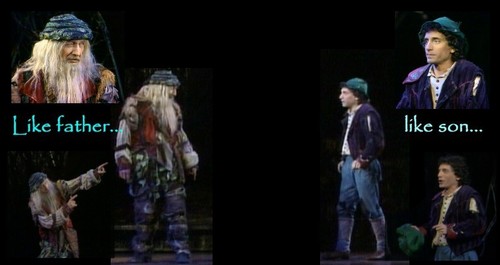

He can now see first-hand how each server “performs” for guests, and recognizes that he’s been unknowingly wearing the same mask for years. In the film, on the other hand, Cecil’s discomfort at sitting among the white elite is made clear through voiceover, as he describes feeling like an outsider and a traitor to his black colleagues who are now serving him. As she said it, Eugene, rocking in his chair, just grinned: for so many years he had stocked champagne in the White House. “Had champagne that night,” the butler’s wife would remember all these years later. Here’s how it’s described in Haygood’s profile: This did, in fact, happen to Allen, but the cinematic version unfolds quite differently. Allen did receive a promotion to maître d’ in 1980, but there’s no indication that he ever asked for a raise.*Ĭecil’s character arc is complete when Nancy Reagan invites him to the state dinner as a guest-the first black butler to receive such an invitation in the history of the White House.

Years later, he again asks for a raise, and when he is turned down a second time, he tells his supervisor that he spoke to President Reagan personally, and that Reagan insists on the raise himself. His request is denied, and he accepts this. In the movie, Cecil asks for equal pay among the black and white service staff, who each perform the same level of duties. Judging from Haygood’s interview, it seems that Allen, like Cecil, was grateful to have his job at the White House, and wary of involving himself in the politics of the time-even in his old age, he is not quoted saying anything disparaging about the presidents he worked under. Gloria Gaines, the butler’s wife, has an affair with a neighbor (Terrence Howard) and struggles with alcoholism. Louis, who’s ashamed that his father is content with serving white people, is himself present for several important historical moments, including the attack and burning of a Freedom Riders bus in 1961 he’s also imprisoned in the same jail as Martin Luther King, Jr. The invented older son, Louis, serves as the main source of conflict in the narrative of Cecil’s life, in an attempt to highlight the clash between the older and younger black generation. (They’re played by Forest Whitaker and Oprah Winfrey.) At least one key character, Cecil’s son Louis (David Oyelowo), is entirely made up.

But the names have been changed: Allen and his wife, Helene, are called Cecil and Gloria Gaines.
#Father and son forest film movie#
According to Daniels’ foreword in The Butler: A Witness to History, a book by Haygood published to accompany the film, the movie “is set against historical events,” but “the title character and his family are fictionalized.” The skeleton of Allen’s story is there: the childhood on a plantation in the early 1920s, the interactions with several presidents. So how much of Allen’s real-life experience actually made it into the film? (Allen’s wife Helene referred affectionately to former First Lady Rosalynn Carter as “country,” for instance.) The Butler is a bit more than 2 hours long, spans several decades, and includes multiple storylines. But as interesting as Haygood’s profile is, “A Butler Well Served by This Election” doesn’t provide that many details about Allen’s time in the White House outside a handful of facts and humorous anecdotes.


 0 kommentar(er)
0 kommentar(er)
